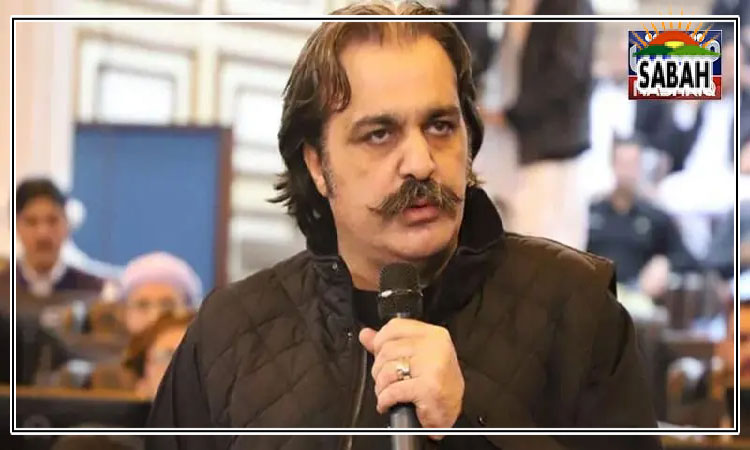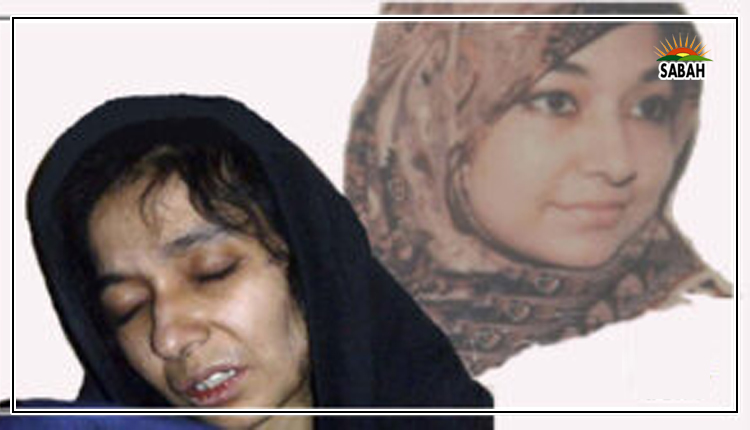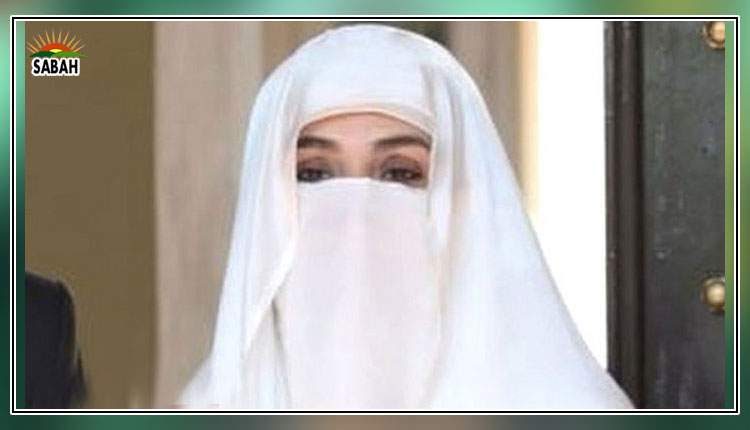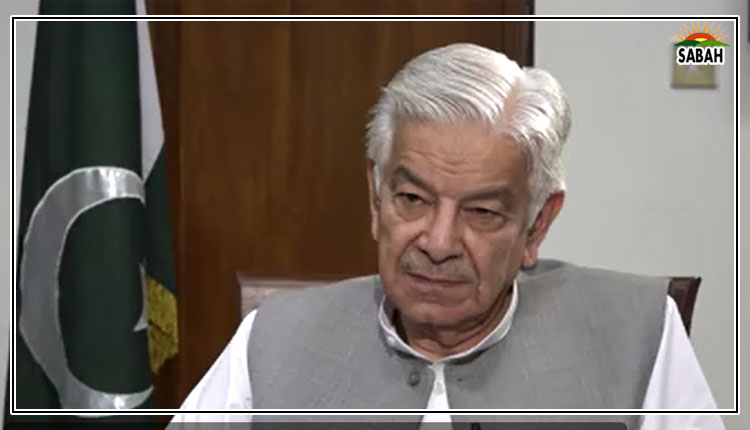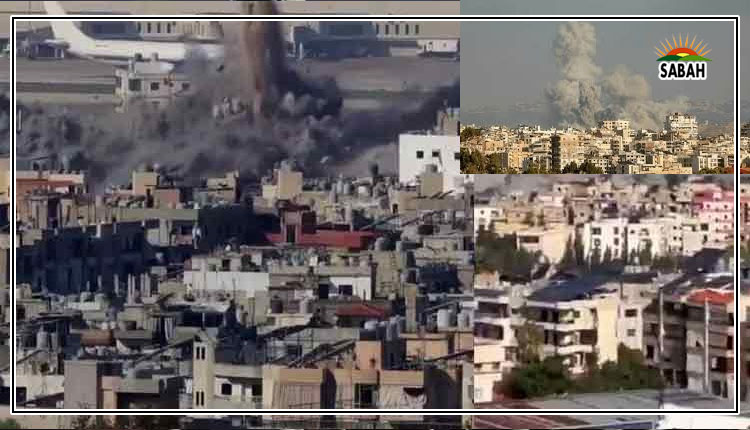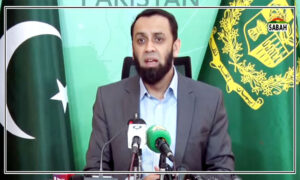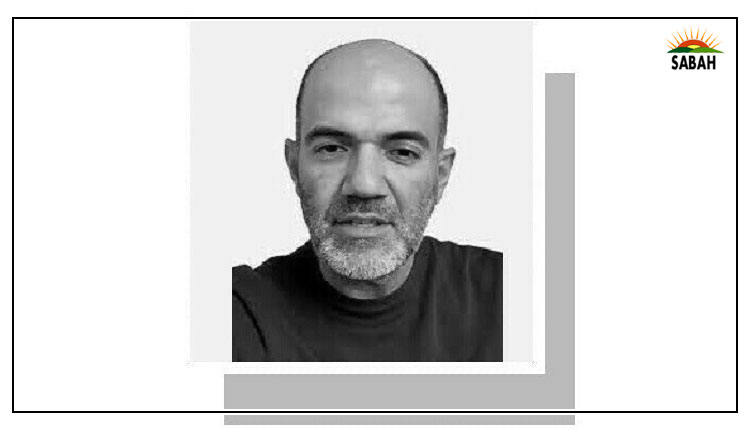Where are we going?…Aasim Sajjad Akhtar
DEMOCRACY is dead! Long live democracy!
In the space of 16 short months, the PDM government has put paid to the notion that the PTIs hybrid regime was the worst thing that could happen to Pakistani politics. With no clarity on when elections may be held, the outgoing coalition comprising our most hallowed democrats has bulldozed a series of bills through parliament to cement the power and plunder of Pakistans two main arbiters foreign states/capital and the military establishment.
There are still some who labour under the delusion that all is well because Imran Khan and the former top brass of the military are no longer ruling the roost. Khan is facing disqualification, his party in tatters. The generals who patronised him are gone. But for all that changes, much remains the same.
Take Baloch youth who have been screaming at the top of their lungs about the pillage of Reko Diq, Saindak and Gwadar. About enforced disappearances. About majoritarian tyranny and demographic change. The passing of a bill to establish the Pak-China Gwadar University in Lahore and the naming of Gwadar airport after Feroz Khan Noon is like rubbing salt in a deep wound.
For all that changes, much remains the same.
Also in Balochistan, the Hazara community has lost young men to target killers over successive days in Quetta this past week. Is another wave of genocidal violence against Hazaras on the cards? Then there is the generation of Pakhtun youth who, since the onset of the war on terror more than 20 years ago, has been made pawns in unending strategic games. We have reached a point where even the pro-jihad JUI-F is targeted in bloody attacks, yet there is no sign that the establishment or the parties that rule in its name will be held to account.
In the ethnic peripheries and metropolitan Pakistan alike, IMF-mandated subsidy cuts petroleum, electricity, gas and whatever else our rulers can think up to keep donors happy wreak havoc on working people. Remarkably, many who were celebrating the receipt of $3 billion from the IMF a few weeks ago are lamenting price hikes now.
Meanwhile, the sale of land, minerals, mountains, coastlines and more to the highest foreign bidders continues with reckless abandon. They tell us that foreign investment is necessary at all costs, whether the sacrificial lamb is Karoonjhar in Sindh or the Hindu Kush/Karakoram in Gilgit-Baltistan. The choreographers talk of dust to development and label anyone who disputes this narrative anti-state.
At a molecular level, the epidemic of sexual violence and patriarchal suffocation intensifies with each passing day. The scandal at Islamia University in Bahawalpur was only the most recent of its kind. This was followed by news of the young minor girl, Rizwana, almost tortured to death allegedly by the wife of a serving judge. We are an increasingly brutalised and repressed society, and our law-enforcement apparatus is itself at the heart of the epidemic while our media and political mainstream blame the victim.
There is more. But the real question is if and how there is a way out. Principled objectors and political organisers are doing much to resist the onslaught in the ethnic peripheries, within feminist circles, and amongst at least some segments of the working class. So why do all of these efforts not aggregate into a critical mass that can actually present the people of Pakistan with a political alternative? Are we forever doomed to being caught between the dynastic old guard and populists like Imran Khan?
It is true that the establishment and most of its foreign patrons are quite happy for Pakistani politics to continue to be a game of musical chairs between various factions of the bourgeoisie. They divide and rule. Choreograph and rig the game. Stunt the political imagination.
But this does not completely explain our impasse. To move beyond an establishment-centric politics motored by foreign capital, property developers, cartels and patriarchs of all descriptions requires more than outrage and selective solidarity. All those who want to transcend the status quo must coalesce around a shared political and economic programme. Limiting ones politics only to the members of an insular identity whether ethnic, gender, religious or other may be rewarding within the particular social media bubbles that each of us inhabit, but takes us no closer to dismantling the hydra-headed monster that subjugates all.
Back in the day, progressives called such a programme socialism. It matters less what we call it and more that we commit to building something together. Ethnic-nationalists, feminists, Marxists, and whoever else who can see through the liberal hobnobbing and hollow sloganeering, ought to be thinking along these lines. Or we can remain stuck in our own echo chambers as fires engulf us all.
Courtesy Dawn


